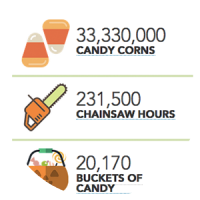- Home Page
- Energy 101: Resources to Help Understand Energy
- Energy Choice
- Energy Facts for Kids

Energy Facts for Kids
Kids are full of energy! We’ve put together some fun energy activities for children that will harness their natural enthusiasm and put it to good use -- saving energy and dollars at home. It’s great to get them interested in these concepts so that you can work together to conserve and save. To kick things off, let's cover what energy is and how it works, so you're prepared for all of their curious questions.
Where Does Energy Come From?
When we use energy to run our devices or appliances, it comes from the following natural and man-made sources:
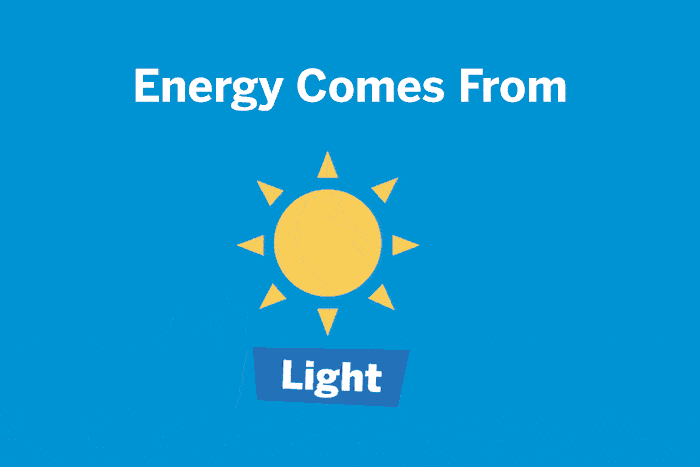
- Heat - geothermal
- Light - solar
- Motion - hydro-electrical
- Chemistry - coal and natural gas
- Nuclear - a combination of chemical and heat
The energy we rely on every day comes from one of these sources, and while some may be better than others, it is always best to avoid unnecessary use.
Energy in Our Homes is Like the Food and Sleep We Need to Power Our Bodies
To explain energy, you can start with the analogy that food and sleep are what give our bodies the energy we need in order to be active through the day. Your human energy is what gives you the ability to jump, run, play, yell, or do anything else that involves moving your body, or even using your brain. Because we can measure that energy, we know how much it takes to do most of the things we do with our bodies, like running, doing jumping jacks, or riding a bike.
The people who make all of the things we use in our houses, like televisions, ovens, and hot water heaters, also tell us just how much energy we will use when watching a show, cooking a cake, or taking a warm shower or bath. In order for our houses to have the power they need for all of the things we use, we purchase energy that can be either electricity, natural gas, renewable energy or solar power.

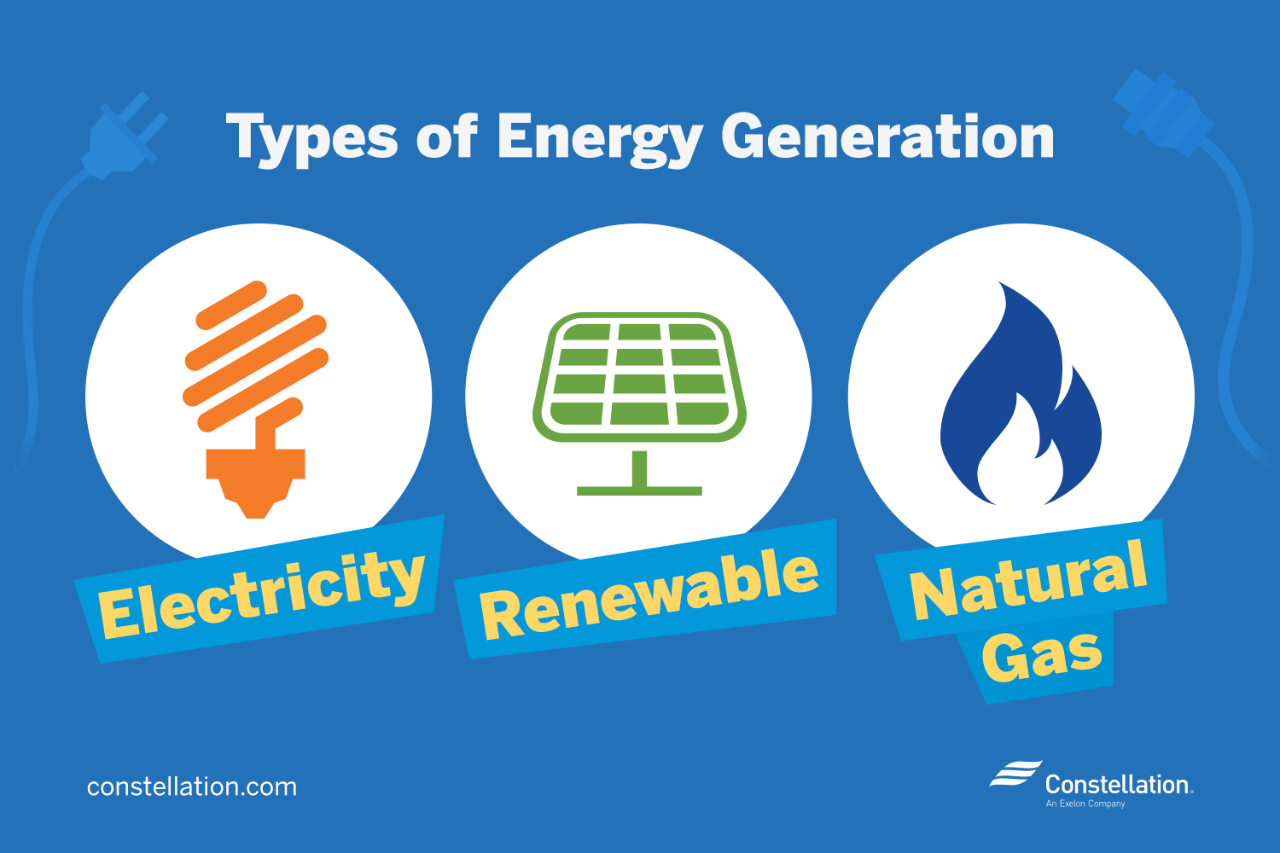
Why Is It Important to Save Energy in the Home?
Kids, especially young children, might not have a grasp of the value of money. And, saving money on energy can seem really abstract to a lot of adults since we have to look closely at our monthly bills over time to actually see a difference. The way to keep children engaged and turn these into lifelong habits is by having them understand the why behind what they’re doing. Since energy isn’t something they can see or touch, it’s helpful to tie the concept to something they can understand, like how the energy they can save could be expressed using physical activities they take part in regularly.
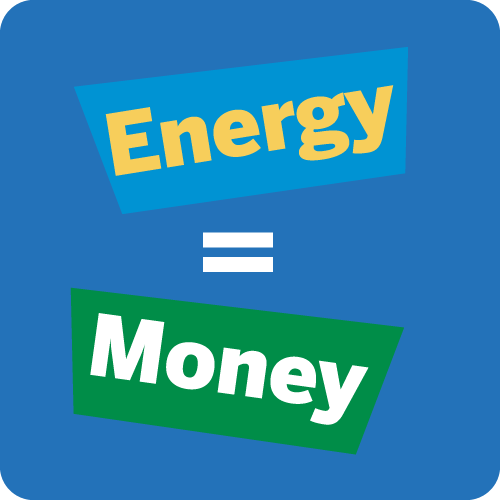
How Can Kids Help Save Energy at Home?
Most kids love a challenge. If you can turn these energy activities for kids into a game, maybe by making a sticker chart or point system every time they remember to save energy, it will become second-nature to them in no time.
1. Turn off the lights!
Kids (and, sometimes, adults) often need to be reminded to turn off lights when they leave a room. Encourage them to get into the habit of turning off a light when they’re leaving an area, and not to automatically turn lights on. They likely don’t need electric lights in the house during the day.
Parents, try this activity at home!
Set a timer, and see how fast your children can turn on all of the light switches in the house! Then go around with them and see which ones really need to be on, and which ones can be switched off to save energy.
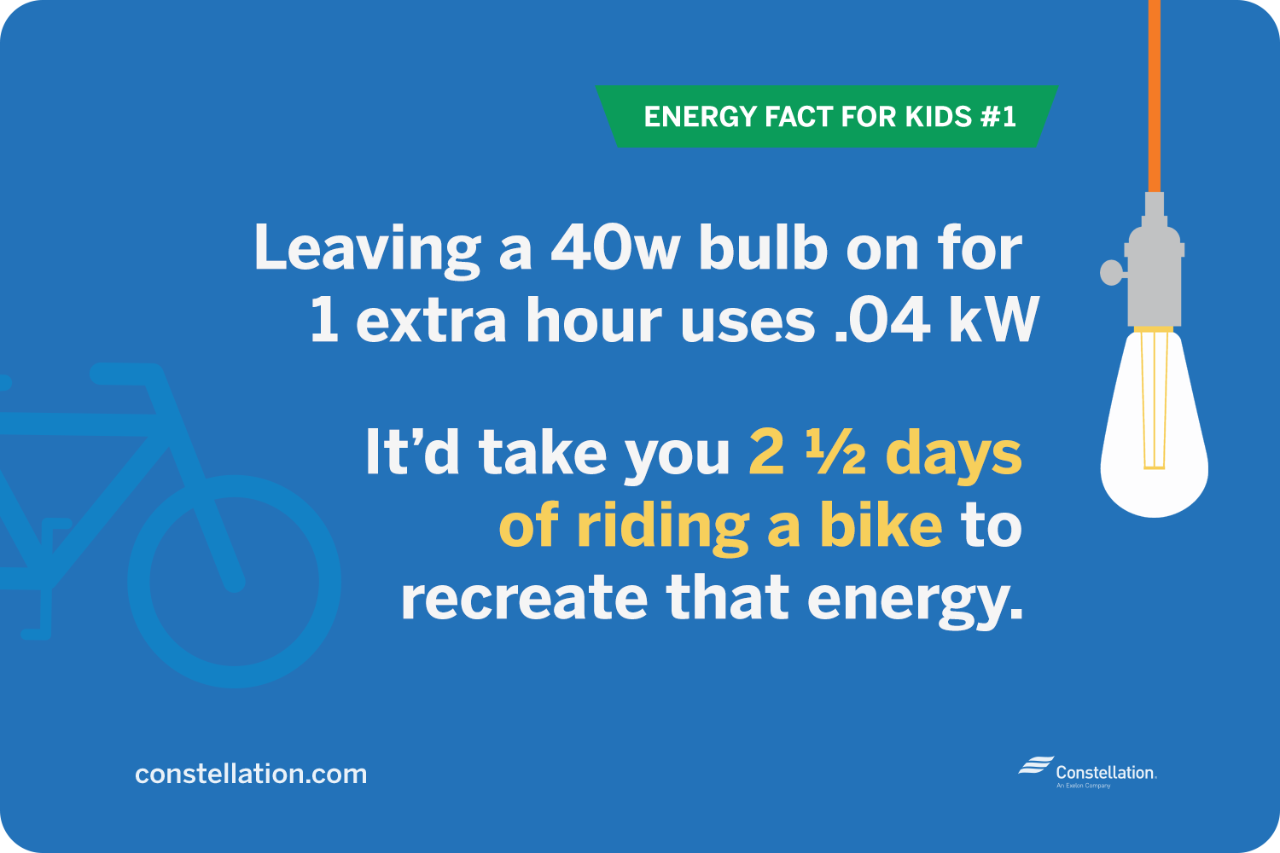
Energy Fact for Kids #1
Leaving a 40w incandescent light on for an extra hour uses about .04 kilowatt hours. That may not sound like much, but Mom or Dad would have to ride a bike for almost two and a half days to recreate that energy.
If the light used a curly bulb (CFL), they would only have to ride the bike for 12 hours.
Do you want to ride a bike for 12 hours? Riding a bike can be fun, but it sounds like you can save a lot of energy by simply turning off the light.
2. Limit shower time to 10 minutes.
A 10-minute shower, as opposed to filling the tub for a bath, can save as much as 25 to 30 gallons of water each time.
Parents, try this game at home!
If your child likes to linger in the shower, try setting a timer so that she or he is reminded when it’s time to get out. Or, get a radio or other music player designed for the shower. Tell your child that she or he needs to be out after two songs.
Energy Fact for Kids #2
Taking a short shower instead of a bath can save around 25 gallons of water. Depending on where you live, the water that comes into your house in pipes may be warmer or colder than average.
But if your house is average, it will take .77 kilowatt hours to heat 5 gallons of water. That’s the same amount of energy it would take your mom or dad to do jumping jacks for 138 days.
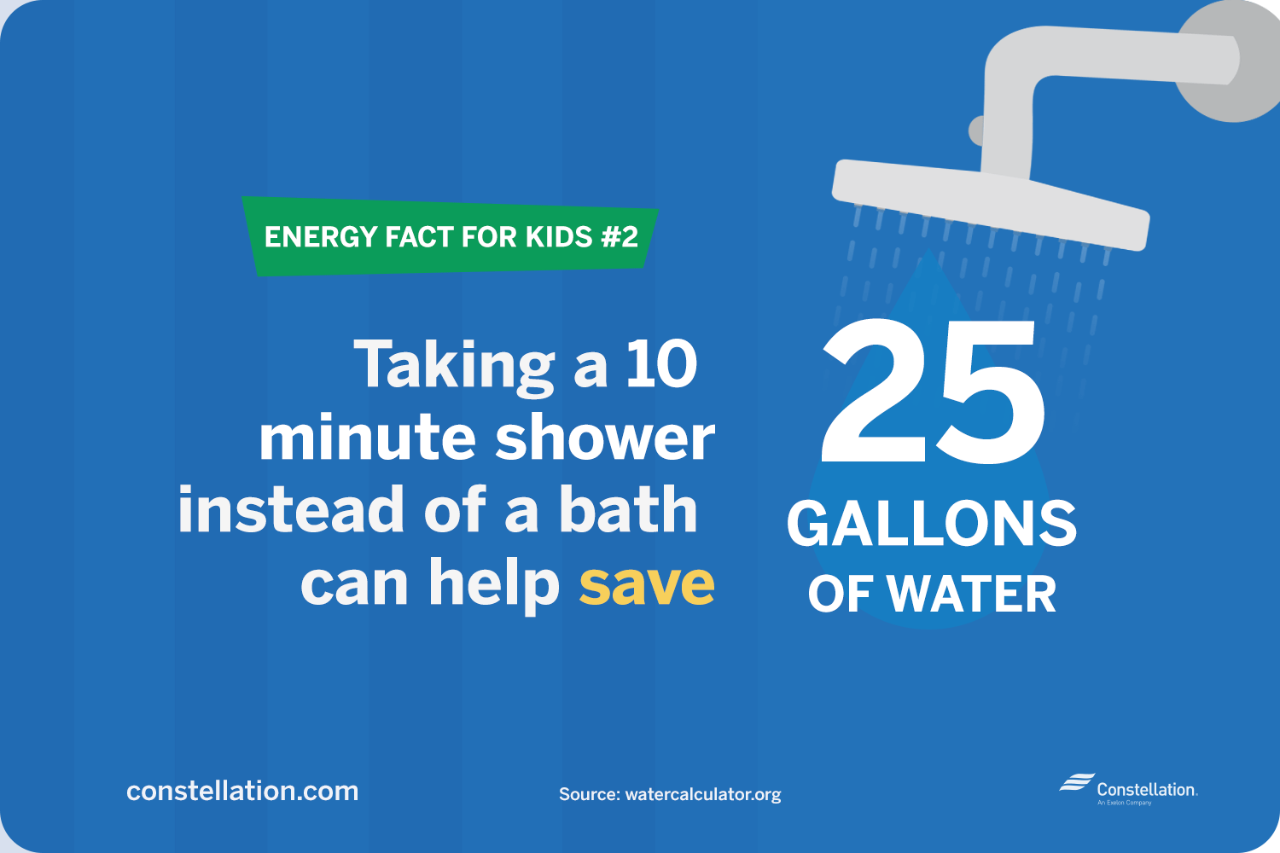
3. Avoid wasting water in other areas around the house
In the United States, about 75% of the water we use is for farming and power production, but we use a lot around the house, too. Forty-one percent of the water we use around the house is for washing clothes and flushing the toilet.
Parents, go for a field trip and show where the water comes from!
When you ask kids where water comes from, they may answer “the faucet!” or “the ocean!”. To put things into perspective, take your kids to the local reservoir or watershed, or natural rivers or springs in nature. Let them know that water is a limited resource and that water conservation is important!
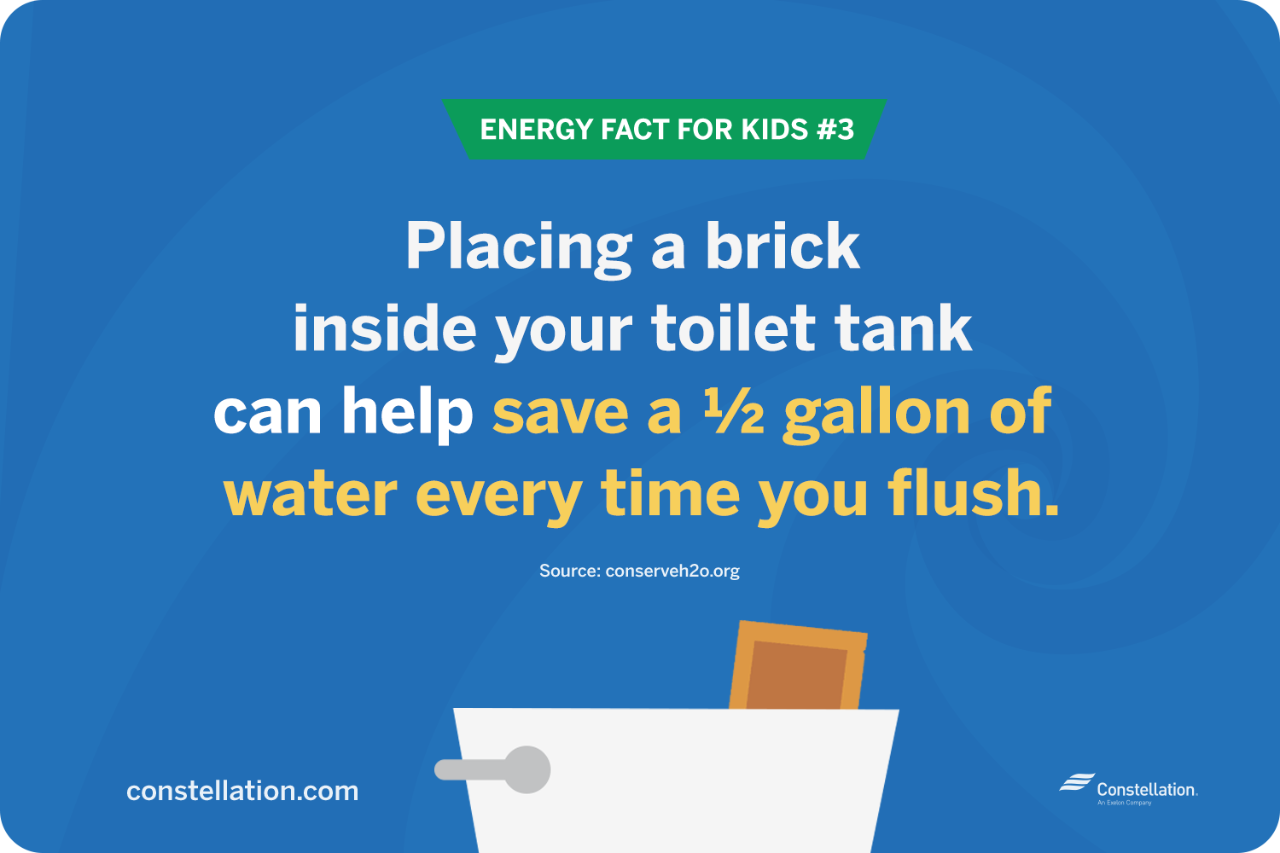
Energy Fact for Kids #3
Even if we haven’t used energy to heat it, water is an important resource and we should try to avoid wasting it whenever we can.
Just by placing a brick or filled half-gallon jug inside a toilet tank, you can save half a gallon of water on every flush! A family of four flushes the toilet about 20 times a day, so by doing this you can save 3,650 gallons of water a year. That’s enough to fill a 12-foot round swimming pool that is 4 feet deep!
4. Unplug electronic device chargers and avoid "Phantom Energy"
It’s good safety practice to unplug device chargers when not in use, and it also saves energy. “Phantom energy” is the electricity that’s absorbed by appliances from the grid, even when they are not turned on. The good news here is that devices manufactured in recent years comply to regulations that reduce how much energy they draw when not in use.
So while unplugging unused appliances and chargers may not reduce your energy bill in a noticeable way, it is still a great way to teach children to be conscious of their energy use. Device chargers are everywhere now, so teach children to unplug them when they are finished charging, and to unplug the chargers, as well (or, if they are too young to unplug devices by themselves, ask them to let you know when it is time to unplug chargers or devices.)
Parents, try this activity at home!
Once you teach your kids about “Phantom Energy”, apply it! You can gather sticky notes and paste them on appliances or equipment that should be unplugged when not in use. When a kid is done with a device, they can let mom or dad know they’re done with it so they can unplug it for them.
Energy Facts for Kids #4
Now that you know to always unplug device chargers when you aren’t using them, it’s time to look for all of the old chargers you have around the house. Recycling those charging cords can unclutter your house and keep them out of the landfill.
According to EPA, about 350,000 phones are thrown away each day - that’s 152 million every year. If the charging cord for every one of those phones was connected, it would be long enough to go around the world three and a half times! Recycle those cords!
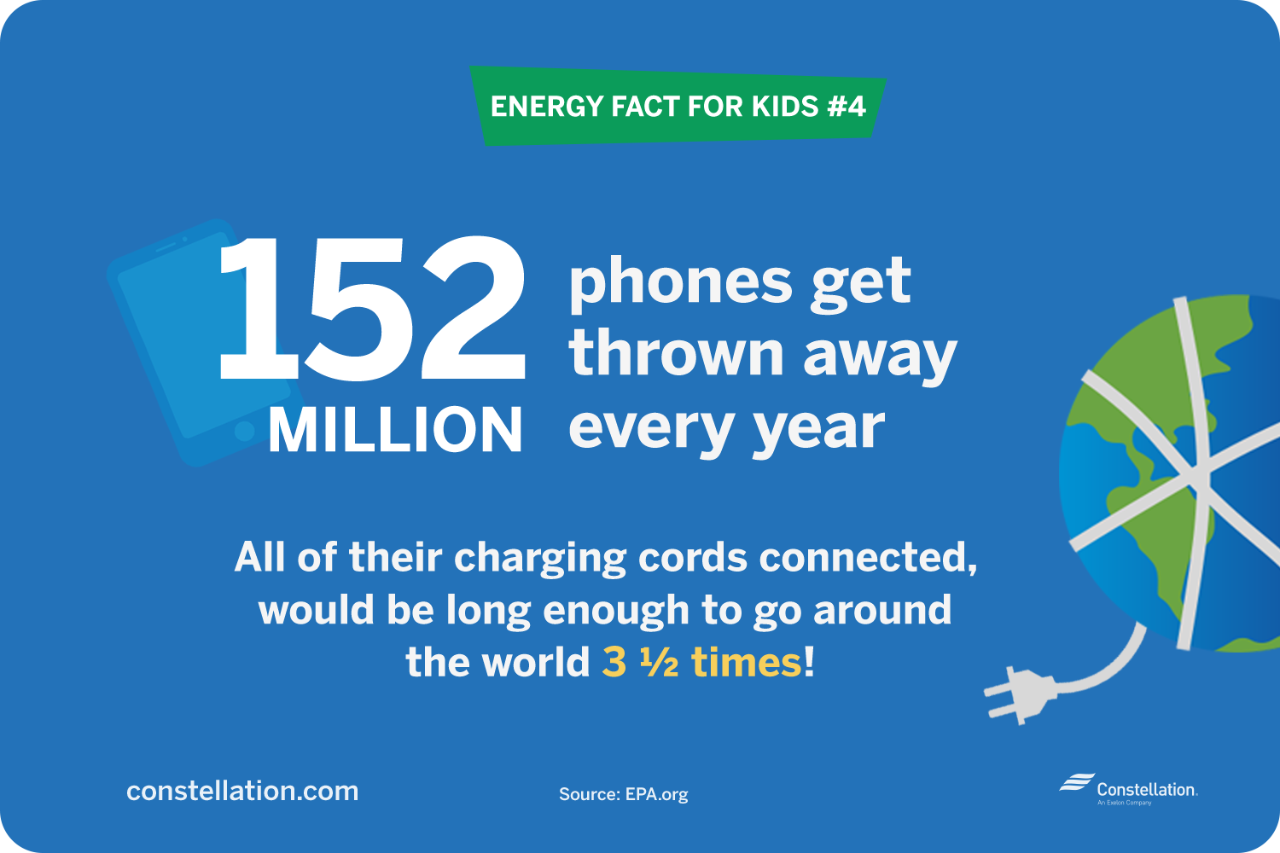
Since most cords have valuable copper wire inside, your local recycling center will be glad to have them. Or, you can drop them off at your nearest electronics retailer. Most stores have bins for collecting and recycling small electronics, including their chargers and charging cords.
5. Close the door, and don’t let the air escape!
Especially in the summer, kids are in and out all the time. Remind them to close the door when they enter or leave the house. Don’t let all that heat or air conditioned air escape! Your furnace or air conditioner will work much more efficiently and effectively if it’s not battling against drafts from open windows and doors.
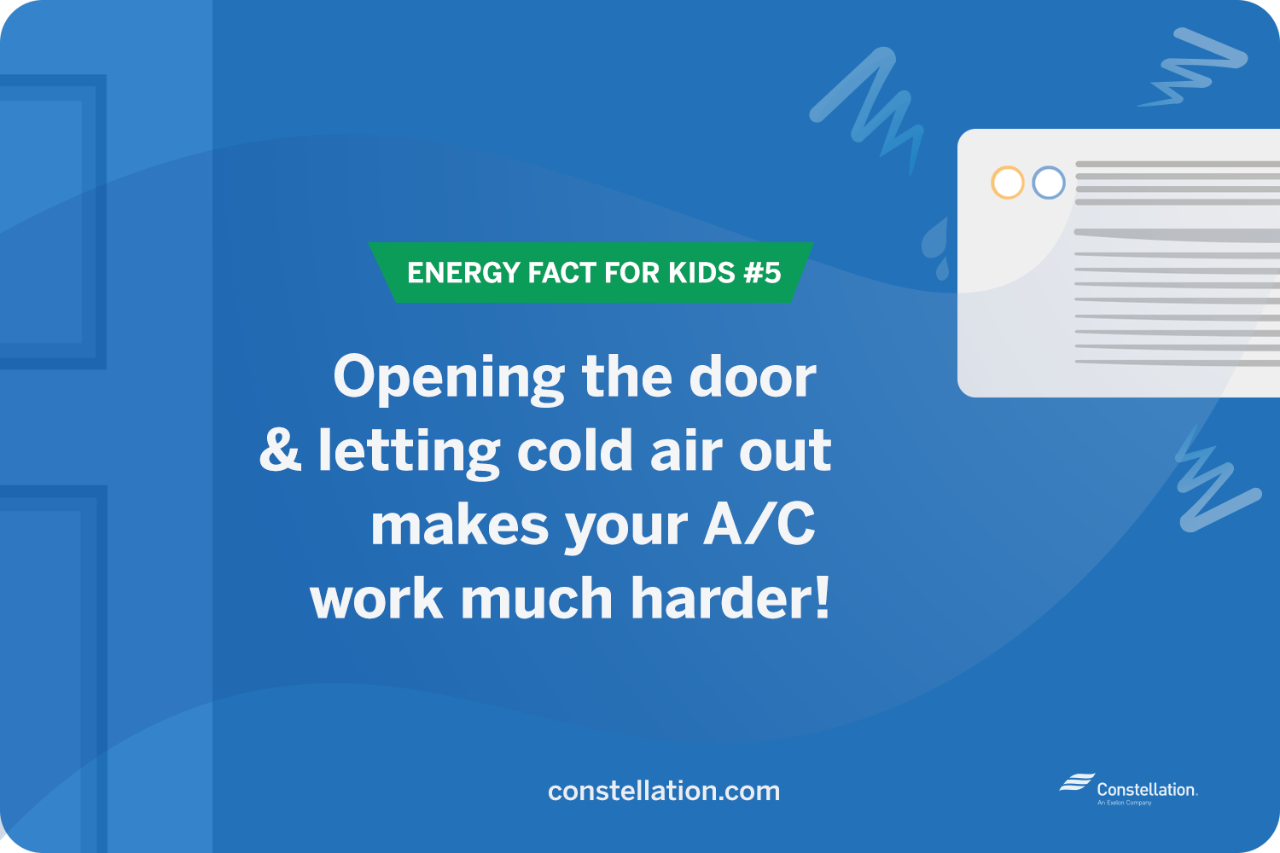
Energy Fact for Kids #5
When you are playing outside during the summer, plan ahead and bring a bottle of cold or iced water with you. That way, you don’t need to open the door, allowing warm air in every time you need something to drink.
Your house’s air conditioning unit will not have to work as hard, and you can conserve energy. Plus, you can save Mom and Dad some money on the power bill. If your water bottle is empty, you can fill it with cold water from the garden hose and save a trip inside.
The same is true in the winter time. Come into the house quickly and shut the door to keep too much cold air from blowing in. Once inside, you can remove your boots and coat and warm up knowing that your furnace isn’t having to work to warm up any extra cold air.
Energy Activities for Kids (and Young-at-Heart Adults!)
There are lots of ways to make learning about energy fun and exciting for kids of all ages. Check out some fun energy-related resources from Constellation and Energy.gov below. Give these energy activities a try, then challenge the adults in your family to see who knows the most energy facts!
To find even more fun facts and information, read our 21 Energy Facts Resource
Help your children learn more about energy, with our STEM-related lessons and activities





